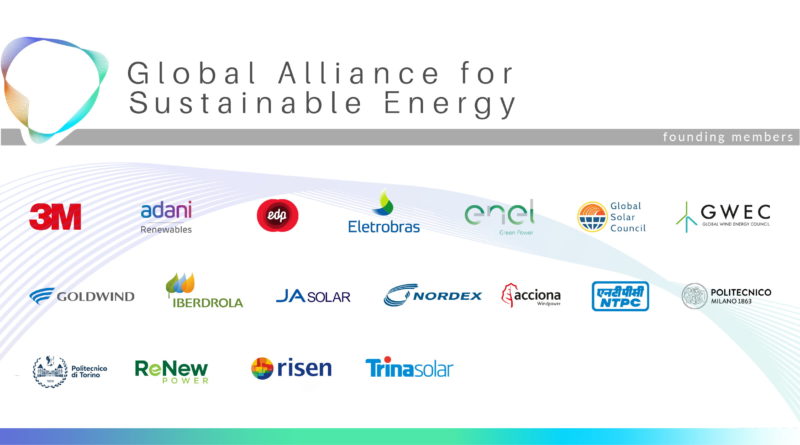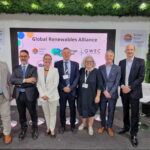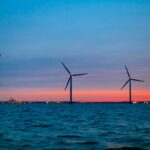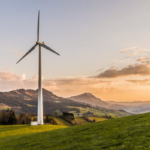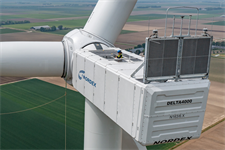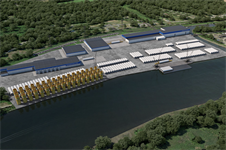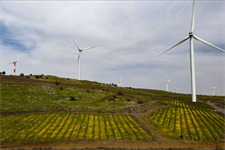Global Alliance for Sustainable Energy is Formed to Take Collective Action Towards the Full Sustainability of Renewable Energy
Energy Disrupter
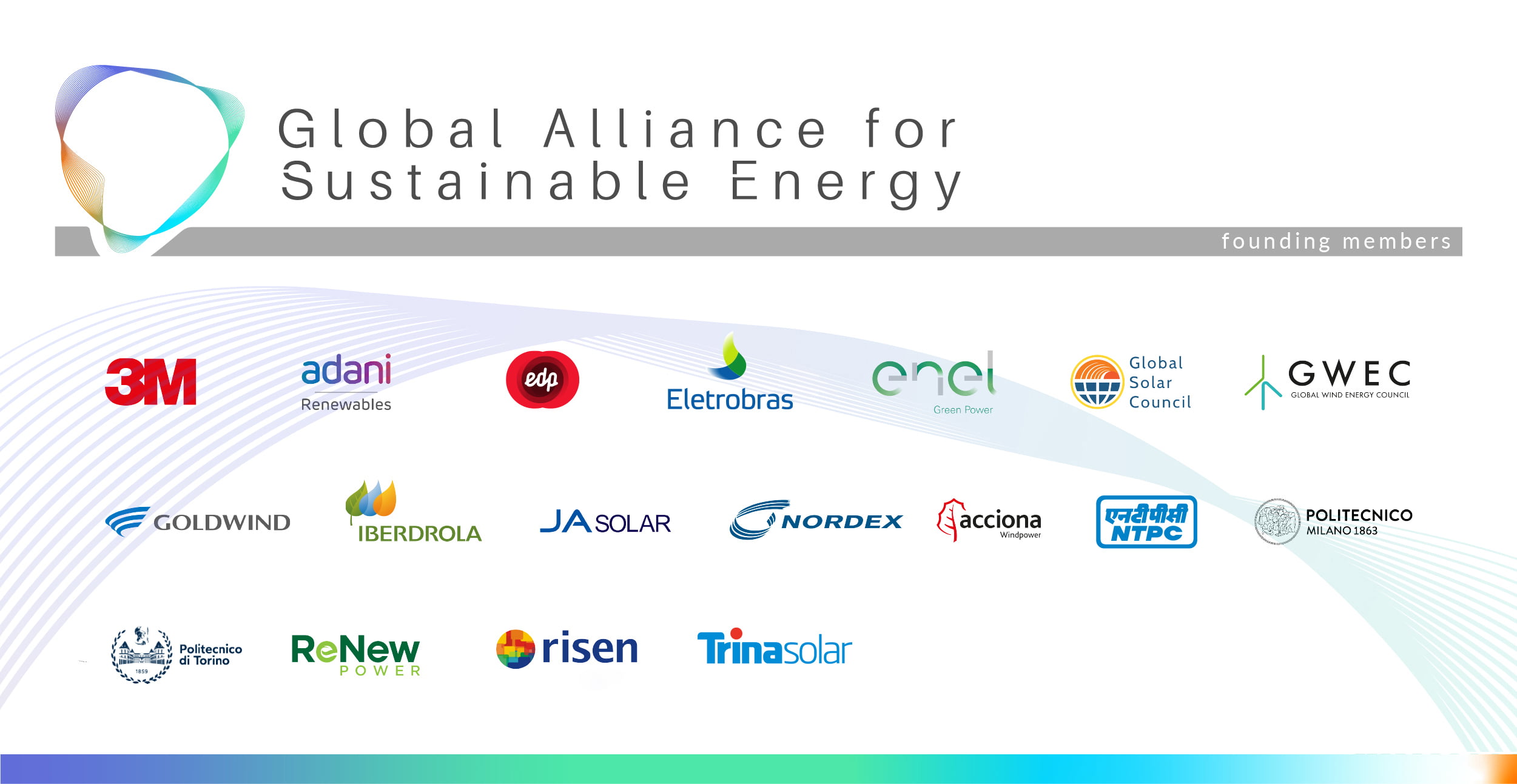
“Beyond its climate impact, solar power can make a significant contribution towards the Sustainable Development Goals thanks to the ‘ripple effect’ that fans out into the economic, social and environmental domains, benefiting areas such as health, education, gender equality and poverty alleviation,” said Gianni Chianetta, CEO of the Global Solar Council (GSC). “What is key is a joined-up effort. It’s no longer enough for any one technology, industry or organization to lead the way: we need to lead together, with collaboration and joint action.”
The launch of the Alliance comes at a critical time for climate action and the energy transition, just two months ahead of the United Nations’ COP26 climate summit due to take place in Glasgow. Meanwhile, the latest scientific assessment from the UN’s Intergovernmental Panel on Climate Change (IPCC) has warned that the world is off track to limit global temperatures increase to 1.5°C above pre-industrial levels or even keep them well below 2°C, as set out in the 2015 Paris Agreement, and has indicated that the planet will warm by 1.5°C in the next two decades without drastic moves to eliminate greenhouse gas emissions. UN Secretary General Antonio Guterres said this scientific consensus “must sound a death knell for coal and fossil fuels before they destroy our planet”.
The pathway to keeping global heating within the limits set by the Paris Agreement is net-zero by 2050 and climate action needs to be stepped up to reach that goal. In that scenario, almost 70% of electricity generation globally would come from solar PV and wind power, according to the International Energy Agency (IEA). Renewable power technologies, led by wind and solar PV, have already stepped up to dominate new installations of electricity generation, as they have become the cheapest sources of power in many markets. In the past seven years, according to the International Renewable Energy Agency (IRENA), more renewable power was added annually to the world’s grids than from fossil fuels and nuclear combined: in 2020, the dominance of clean technologies over traditional sources climbed further with 260 gigawatts of renewables-based generation added worldwide, more than four times that of other sources.
The launch event – The Sustainability Mission of the Energy Transition: Presenting the Global Alliance for Sustainable Energy – will feature speakers from founding members, who will provide perspectives about how their own organizations are already actively working towards the Alliance’s vision for sustainable energy. That will include roundtables addressing the topics of sustainability in the renewables supply chain and progress towards net-zero goals. External experts will provide insights on key topics for the Alliance, including: Dante Pesce, former chair and current member of the UN Working Group on Business and Human Rights; Heidi Huusko, Senior Manager, Environment & Climate at the UN Global Compact; Peter Paul van de Wijs, Chief External Affairs Officer, Global Reporting Initiative; Michela Miletto, Director, UNESCO Programme Office on World Water Assessment; and Meredith Adler, Executive Director of Student Energy.
The 17 members of the Alliance are set to work together to tackle the sustainability challenges in this transition and bring results both in the short and the medium term. They start their collaboration by focusing on four key areas where they can achieve quick wins for the sustainability of the renewable energy industry, aligning different players by setting and harmonizing standards and metrics, around which common targets can be set, and aligning around best practices. The focus areas are: net-zero emissions and CO2 footprints; circular economy and design; human rights; and the water footprints.
The alliance is open to new members who share this vision and can contribute concretely towards the ultimate goal of becoming a truly sustainable industry within the transition to net-zero by 2050.

